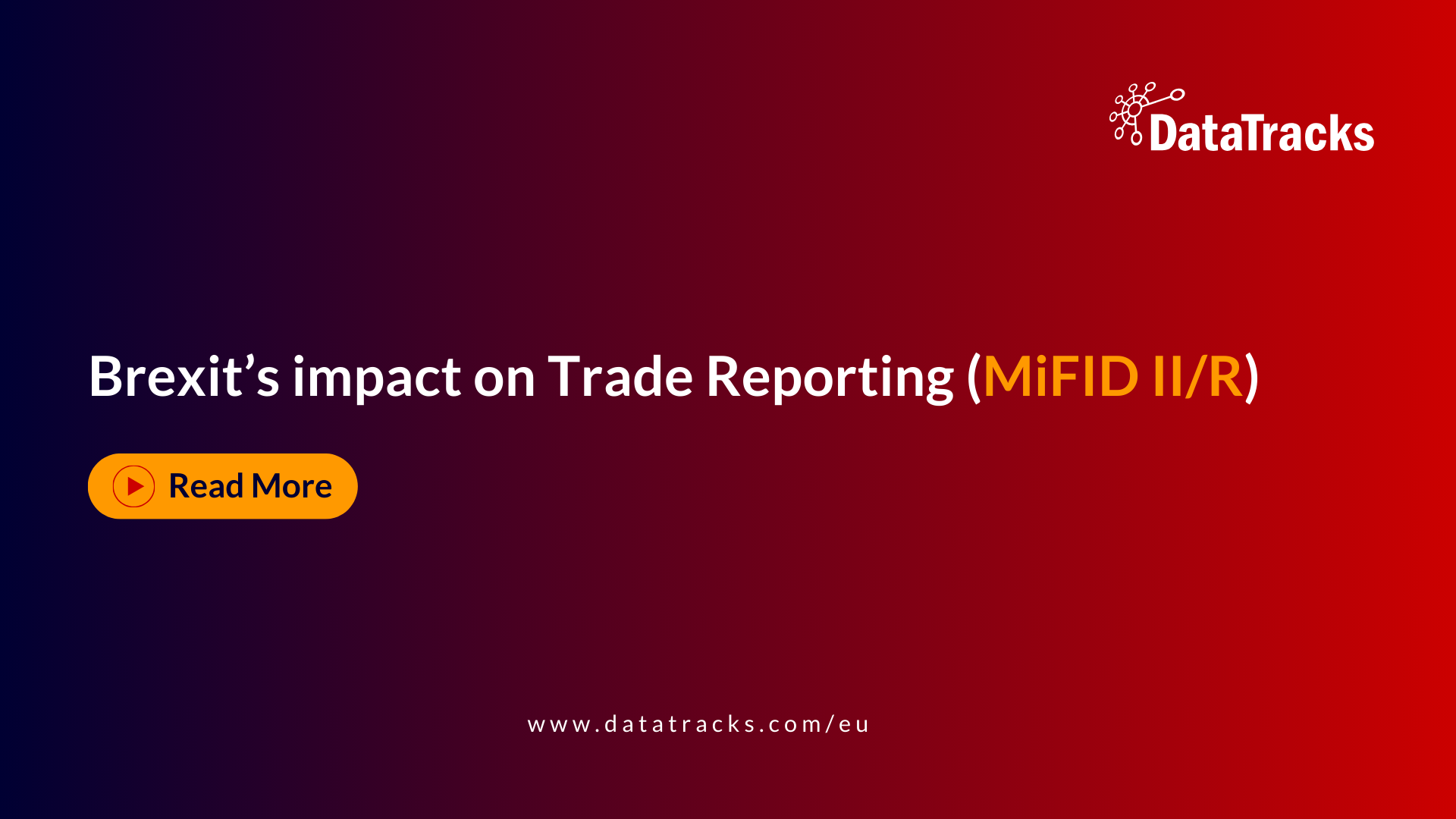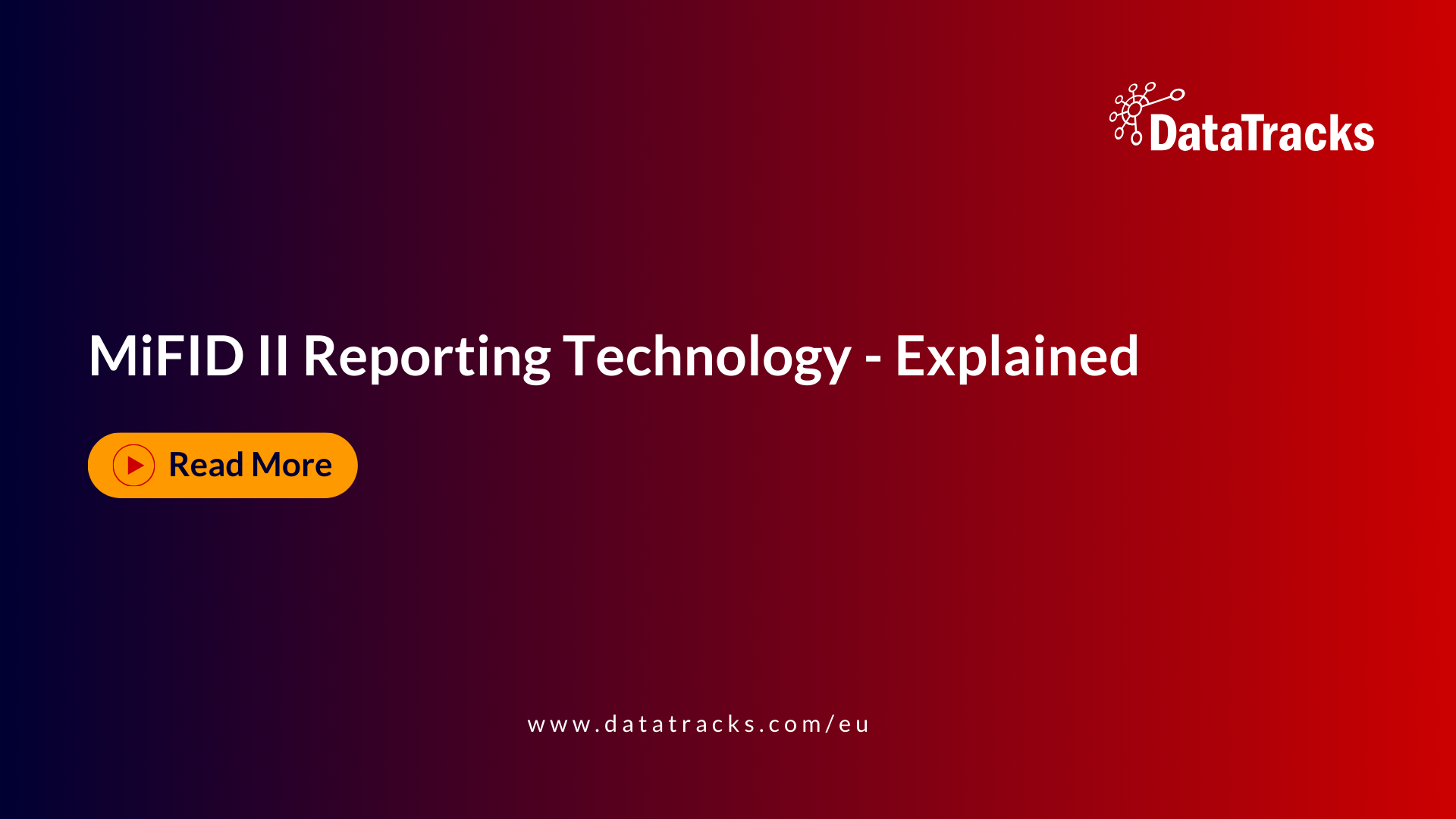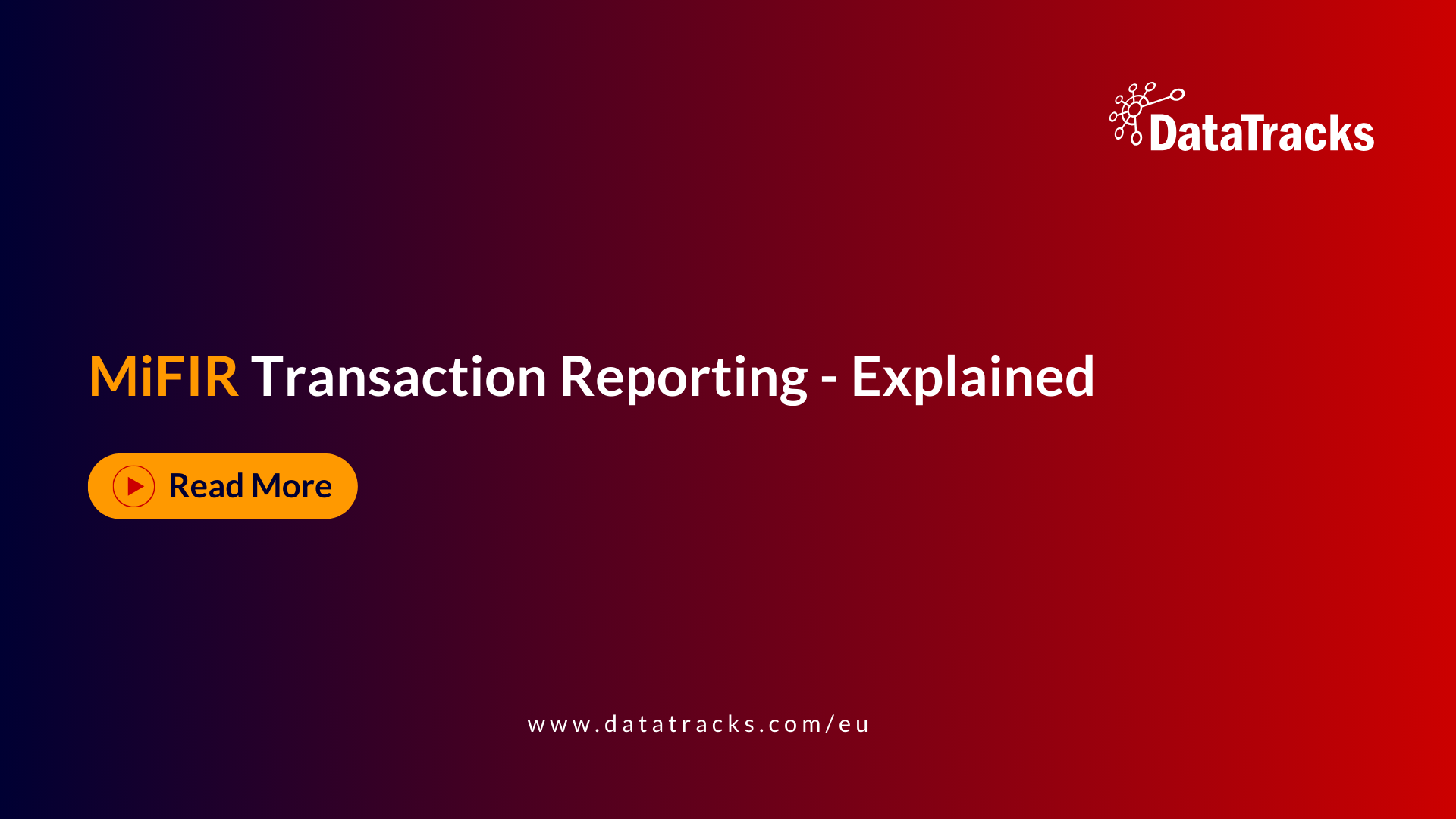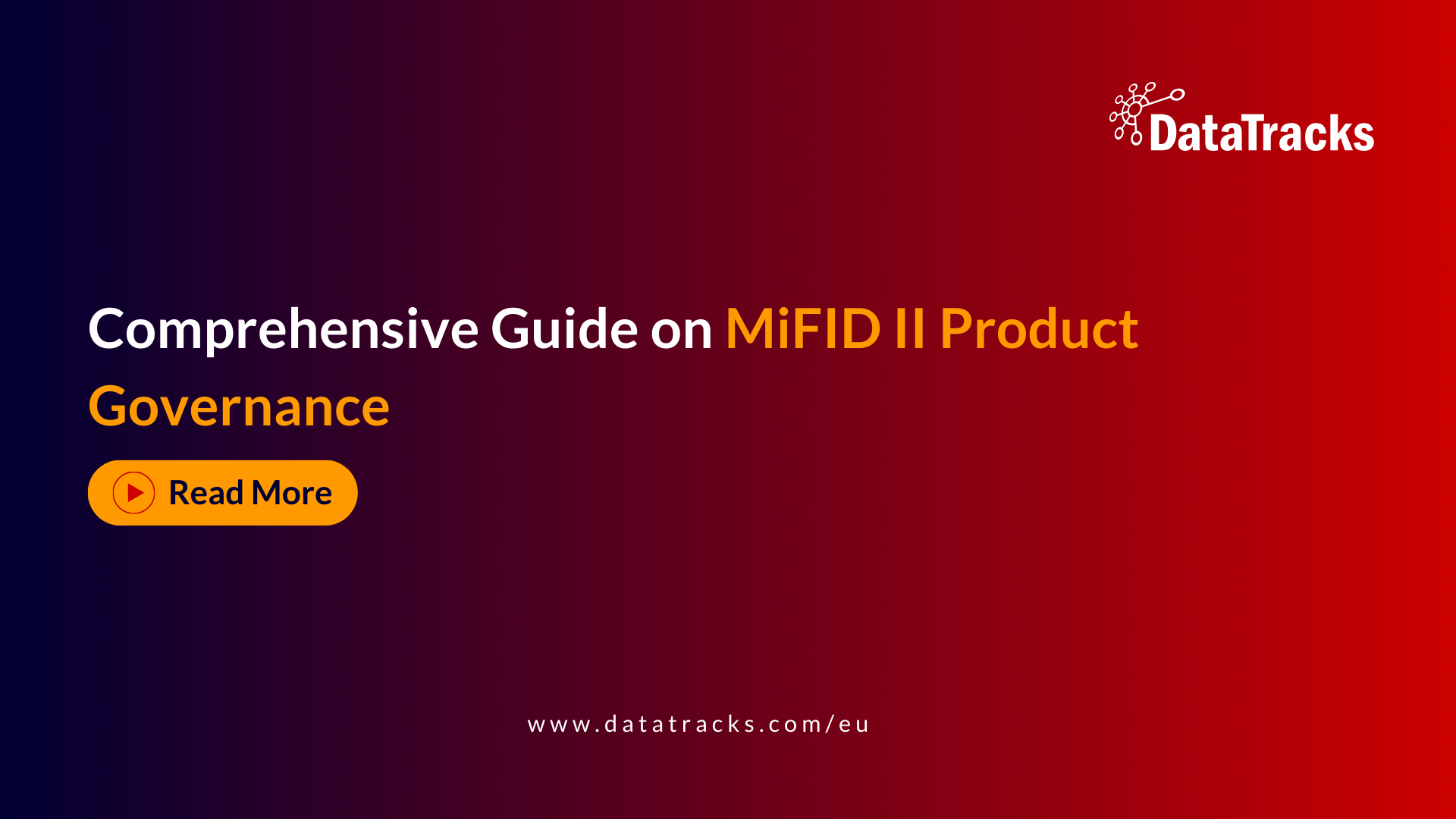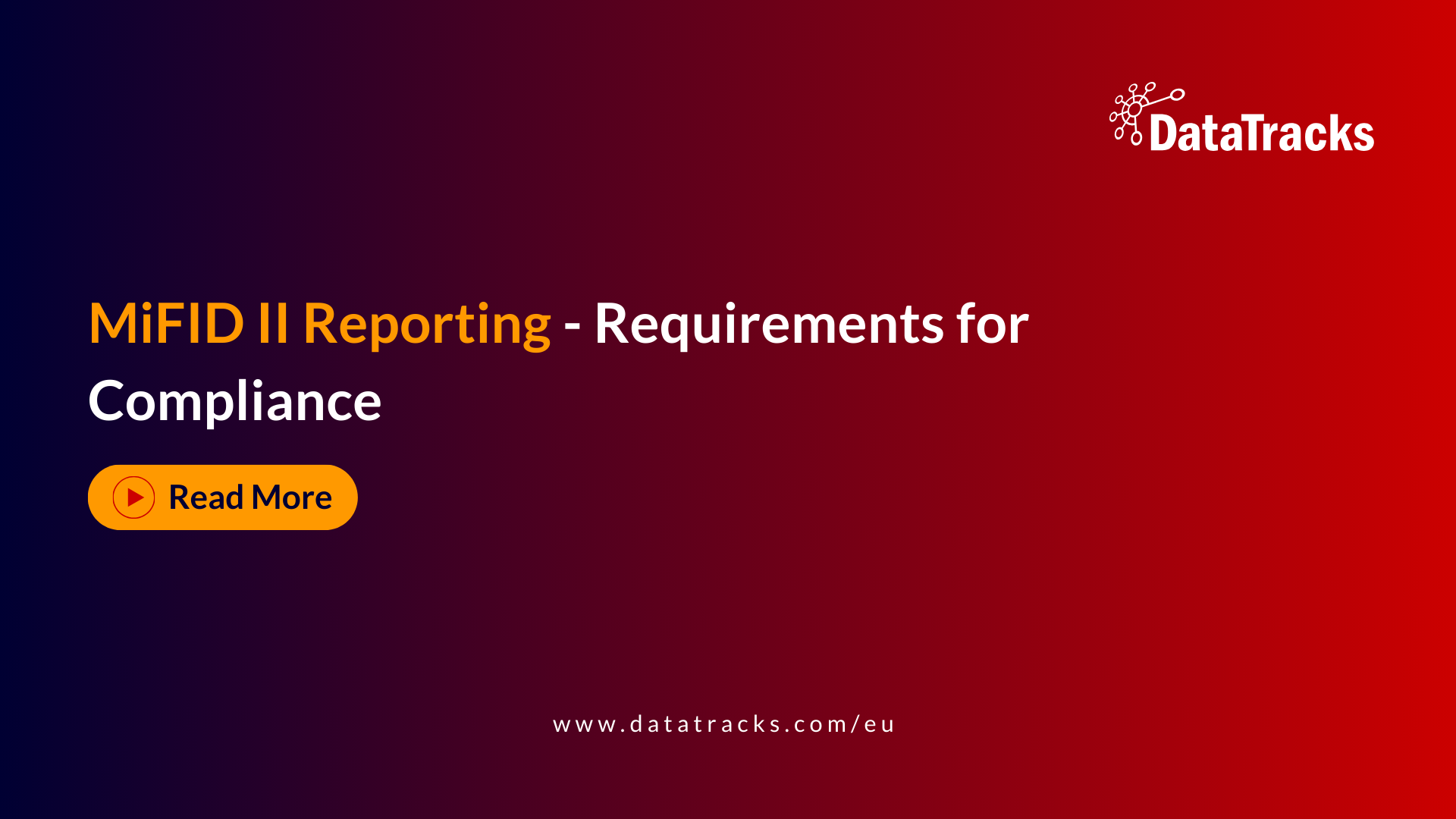MiFID II Technical Standards: Safeguarding of client financial instruments and funds
The new MiFID II[1] and MiFIR[2] regulatory framework seeks to provide an updated harmonised legal framework to govern requirements relating to investment firms, regulated markets, data reporting service providers, and third country firms providing investment services or activities in the European Union (EU). A recently released delegated directive sets out rules governing the safeguarding of financial instruments (FIs) and funds belonging to clients (Chapter II), product governance requirements (Chapter III), and also rules relating to inducements (Chapter IV), i.e. the provision or reception of fees, commissions, or any other monetary or non-monetary benefits.[3]
With regards to the safeguarding of FIs and funds, investment firms are required to keep records and accounts that enable them to distinguish assets held for one client from assets held for other clients or their own assets, at any time and without delay. These records must be sufficiently accurate to enable them to be used as an audit trail, and investment firms must conduct reconciliations between internal accounts and records and those of any third party asset holders on a regular basis. Investment firms are also required to ensure that any client FIs deposited with a third party are separately identifiable[4], and also that any client funds deposited with a third party institution (i.e. central bank, credit institution, bank authorised in a third country, or qualifying money market fund) are held in separately identifiable accounts.
MiFID II Technical Standards
Investment firms are also required to exercise all due skill, care and diligence in the selection, appointment, and periodic review of third party institutions in which they deposit client FIs or funds. Whilst investment firms are prohibited from using title transfer collateral arrangements (TTCAs) with retail clients, investment firms are not prohibited from concluding TTCAs with non-retail clients.[5] Consequently, investment firms are required to demonstrate the appropriateness of TTCA for non-retail clients, they must document the use of TTCA, and they must disclose the risks involved and the effect of TTCA on the client’s assets.
Investment firms that are ‘manufacturing’[6] FIs must comply, in a way that is appropriate and proportionate, with a broad range of requirements, taking into account the nature of the FI, the investment service, and the product’s target market. By way of example of a few of these new requirements, the manufacturing of FIs must comply with requirements relating to the proper management of conflicts of interest (including remuneration); it must not adversely affect end clients; and it must not lead to problems with market integrity (i.e., by enabling firms to mitigate and/or dispose of firm risks, or by exposure to the product’s underlying assets, where the investment firm already holds the underlying assets on own account). There are also new rules on inducements[7], inducements relating to investment advice on an independent basis or portfolio management services[8], and inducements in relation to the provision of research.[9]
If you would like to discuss any of the implications of MiFID II on your business, or for more information on our regulatory compliance reporting solutions and prices, please email DataTracks at: enquiry@datatracks.eu.
[1] Directive (2014/65/EU).
[2] Regulation (EU) No 600/2014.
[3] Commission Delegated Directive (EU) of 7.4.2016 supplementing Directive 2014/65/EU of the European Parliament and of the Council with regard to safeguarding of financial instruments and funds belonging to clients, product governance obligations and the rules applicable to the provision or reception of fees, commissions or any other monetary or non-monetary benefits.
[4] This obligation requires investment firms to ensure that separate identification is facilitated by differently titled accounts on the books of the third party, or other equivalent measures achieving the same level of protection.
[5] Directive 2014/65/EU, Article 16(10).
[6] The manufacturing of FIs incorporates the creation, development, issuance, and/or design of FIs.
[7] Fees, commissions, or non-monetary benefits are considered to be designed to enhance the quality of a relevant service to a client if a number of conditions are met. Fees, commissions, or non-monetary benefits are not considered acceptable if the provision of relevant services to a client is biased or distorted as a result of the fee, commission, or non-monetary benefit.
[8] Investment firms providing investment advice on an independent basis or portfolio management, must return to clients any fees, commissions, or any monetary benefits paid or provided by any third party (or a person acting on behalf of a third party) in relation to the services provided to that client, as soon as reasonably possible after receipt. All fees, commission, or monetary benefits received from third parties in relation to the provision of independent investment advice and portfolio management must be transferred in full to the client.
[9] Where third party firms provide research to investment firms providing portfolio management or other investment or ancillary services to clients, such research will not be regarded as an inducement if it is received in return for specified reasons, e.g., direct payments made by the investment firm out of its own resources.
MiFID II Reporting & MiFIR Reporting Regulatory Technical Standards (RTS)
RTS 1: Equity and Equity-Like Instruments
Pre- and Post-Trade Transparency Regime
- Waivers:
- Reference Price Waiver (RPW): Orders matched at the midpoint of the current bid and offer.
- Negotiated Trade Waiver (NTW): Formalized negotiated transactions.
- Large In Scale (LIS): Orders larger than normal market size.
- Order Management Facility (OMF): Orders pending disclosure.
- Double Volume Cap (DVC): Limits volumes traded under RPW and NTW waivers to 4% per share on a single venue and 8% across all EU venues.
RTS 2: Non-Equity Instruments
Pre- and Post-Trade Transparency Regime
- Waivers:
- Large In Scale (LIS): Orders larger than normal market size.
- Size Specific To Instrument (SSTI): Large actionable indications of interest in trading systems.
- Order Management Facility (OMF): Orders pending disclosure, including iceberg orders.
- Package Orders: Special conditions for package orders with no liquid market component or large size components.
RTS 3: Volume Cap Mechanism
Double Volume Cap (DVC)
- Limits volumes traded under the Reference Price and Negotiated Deal waivers to ensure market transparency.
RTS 4 to 6: Derivatives and Algorithmic Trading
- RTS 4: Criteria for derivatives subject to clearing.
- RTS 5: Effects of derivative contracts within the EU.
- RTS 6: Organisational requirements for firms engaged in algorithmic trading.
RTS 7: Trading Venues Requirements
Market Making and Trading Venues
- Requirements for market making agreements and schemes.
- Compliance with MiFID II for liquidity provision and market making.
RTS 8: Market Making Agreements
Stressed Market Conditions
- Amended obligations for market makers during stressed market conditions.
RTS 9: Order to Trade Ratio (OTR)
Algorithmic Trading Systems
- Limits the ratio of unexecuted orders to transactions to prevent disorderly trading.
RTS 10: Co-Location Services and Fees
Fair and Non-Discriminatory Services
- Ensures fair access to co-location services and transparent fee structures.
RTS 11: Tick Size Regime
Minimum Tick Size
- Establishes minimum tick sizes for EU shares and ETFs to ensure orderly markets.
RTS 12: Liquidity and Halt Notifications
Material Market Determination
- Criteria for determining market liquidity and related halt notifications.
RTS 13 to 14: Data Reporting and Transparency
- RTS 13: Organisational requirements for data reporting service providers.
- RTS 14: Unbundling and disaggregation of pre- and post-trade data.
RTS 15 to 16: Clearing and Benchmark Access
- RTS 15: Clearing access for trading venues and central counterparties.
- RTS 16: Access regarding benchmarks.
RTS 17: Admission to Trading
Issuers’ Compliance Verification
- Procedures for verifying compliance with EU law for issuers admitted to trading.
RTS 18: Suspension and Removal from Trading
Non-Compliance with Trading Rules
- Criteria for suspending or removing financial instruments from trading.
RTS 19 to 20: MTFs, OTFs, and Ancillary Activities
- RTS 19: Description of the functioning of Multilateral Trading Facilities (MTFs) and Organised Trading Facilities (OTFs).
- RTS 20: Criteria for ancillary activities to the main business.
RTS 21: Commodity Derivatives
Position Limits
- Requirements for publishing aggregate positions in commodity derivatives.
RTS 22: Transaction Reporting
Reporting Obligations
- Details of transactions in listed financial instruments must be reported to competent authorities quickly, no later than the close of the next working day.
RTS 23: Financial Instruments Reference Data
Daily Data Submission
- Trading venues must provide daily reference data for all financial instruments admitted to trading.
RTS 24: Order Data Maintenance
Order Record Keeping
- Requirements for collecting, storing, and reporting order-related information.
RTS 25: Business Clocks Accuracy
Timekeeping Standards
- Accuracy requirements for business clocks used in trading.
RTS 26: Clearing Obligation for Derivatives
Clearing Standards
- Specifies the obligation to clear derivatives and timing of acceptance for clearing.
RTS 27: Execution Quality Data
Quality of Execution Reports
- Execution venues must provide quarterly reports on execution quality, including price, costs, speed, and likelihood of execution.
RTS 28: Execution Venues Information
Annual Publication
- Investment firms must annually publish information on the identity of execution venues and the quality of execution.
By understanding and adhering to these RTS requirements, financial firms can ensure compliance with MiFID II and contribute to a transparent, efficient, and fair financial market.
Conclusion
Adhering to the MiFID II and MiFIR Regulatory Technical Standards (RTS) is essential for financial firms to ensure compliance, transparency, and market integrity. These standards cover a wide range of requirements, from pre- and post-trade transparency to algorithmic trading and transaction reporting.
DataTracks provides advanced MiFID II reporting solutions that help firms efficiently manage these complex regulatory requirements. By leveraging DataTracks’ robust software, financial institutions can ensure accurate data management, streamline their reporting processes, and maintain compliance with MiFID II obligations, ultimately enhancing transparency and investor protection.
FAQs on MiFID II and MiFIR Regulatory Technical Standards (RTS)
What are the key waivers available under MiFID II for pre- and post-trade transparency?
Under MiFID II, waivers are available for both equity and non-equity instruments. For equity instruments, waivers include the Reference Price Waiver (RPW), Negotiated Trade Waiver (NTW), Large In Scale (LIS), and Order Management Facility (OMF). For non-equity instruments, waivers include Large In Scale (LIS), Size Specific To Instrument (SSTI), Order Management Facility (OMF), and specific conditions for package orders.
How does the Double Volume Cap (DVC) mechanism affect trading under MiFID II?
The Double Volume Cap (DVC) mechanism limits the volume of trading under the Reference Price and Negotiated Deal waivers. The cap is set at 4% per share on a single trading venue and 8% across all EU trading venues. This mechanism aims to prevent excessive trading under these waivers and ensure market transparency.
What are the responsibilities of investment firms regarding transaction reporting under RTS 22?
Under RTS 22, investment firms are required to report details of transactions in listed financial instruments to competent authorities as quickly as possible, and no later than the close of the following working day. Firms must use the Trading Venue Transaction Identification Code (TVTIC) for reporting, which includes the Execution ID and the instrument ISIN code.
How does DataTracks assist financial firms in complying with MiFID II requirements?
DataTracks provides advanced reporting solutions that help financial firms manage the complex requirements of MiFID II. Their software ensures accurate data management, streamlines the reporting process, and helps firms maintain compliance with regulatory standards, thereby enhancing transparency and investor protection.
What is the importance of maintaining accurate business clocks as specified in RTS 25?
Accurate business clocks are crucial for maintaining the integrity of trading records and ensuring fair market practices. RTS 25 specifies the accuracy requirements for business clocks used in trading, which helps ensure that transaction times are recorded precisely, thereby supporting regulatory reporting and compliance efforts.

